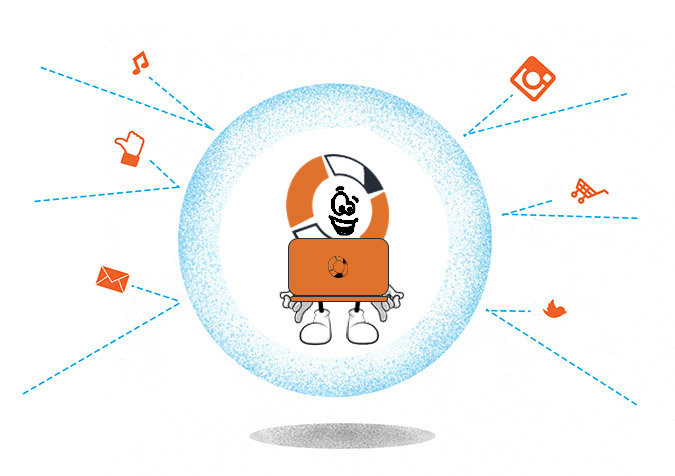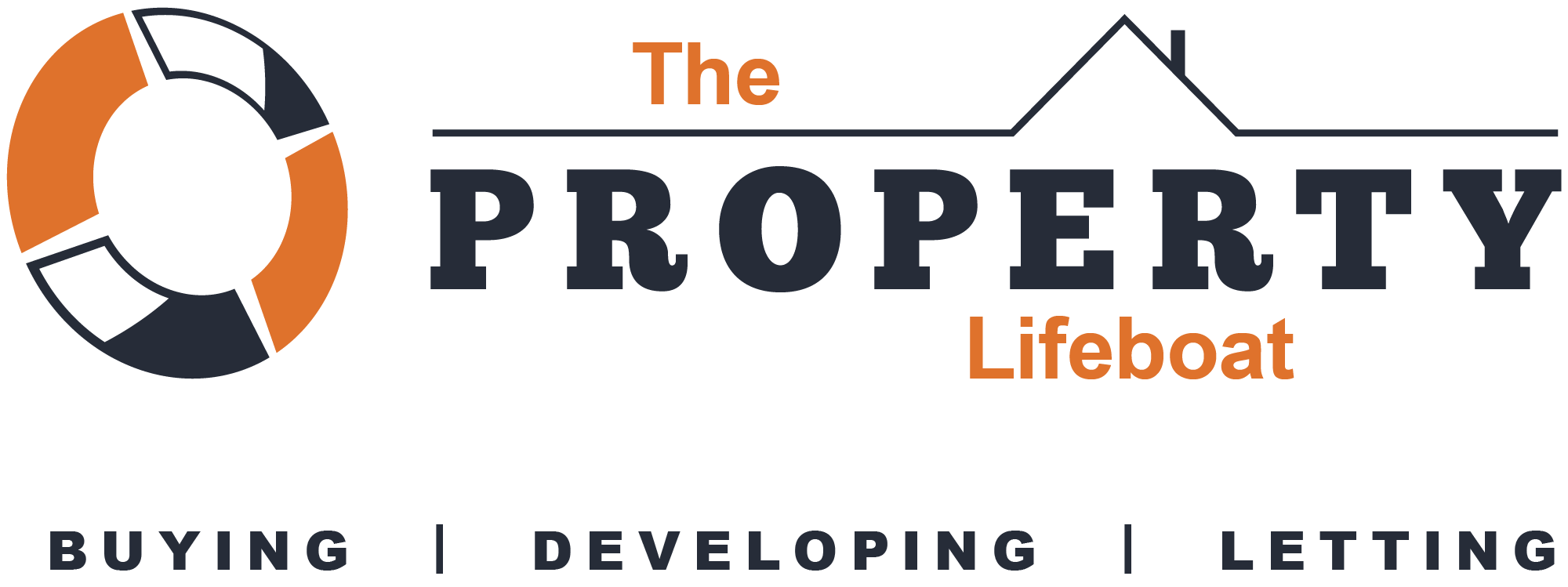Are there any hidden benefits to
running a business in lockdown?

‘Every cloud has a silver lining’; or so the saying goes…
It’s fair to say that the COVID-19 lockdown is on the whole causing endless problems for businesses, with small businesses being particularly hardest hit, but are there any unexpected benefits too?
Running a business of any kind in the middle of a ‘global pandemic’ (substitute for any world changing global event of your choice) is probably the biggest challenge many business owners have ever had to face and ever will have to face. But there are definitely some small hidden benefits if we care to look a bit more deeply and not spend the whole event focusing on just the doom and gloom.
Not only have some business owners seen the benefits of running things from home, but many will undoubtedly take this time to also start to see their business in a whole different light. In fact, many may never approach running their business in the same way again.
I think calling these small benefits true “silver linings” is stretching things a bit too far and would indeed be crass under the current circumstances, but there are plenty of lessons here for entrepreneurs and business owners to learn. So what are these ‘hidden benefits’?
Here’s our top seven:
1. Being able to go from ‘overwhelm’ to focusing on the truly important.
Many business owners never get to experience the feeling of control that comes from properly banishing overwhelm – even for a short period. They operate in a constant fog of the mundane day-to-day grind. Moving from one fire to another, without the opportunity to get their head above water and think strategically or focus on the key important elements of their business. One thing this current crisis has enabled us and many other business owners to do is to properly banish overwhelm.
It may seem counter intuitive in this crisis; certainly in the early stages we were all significantly overwhelmed, but in a very short time the sheer amount of ‘noise’ got so great that we had no choice but to drop all trivial clutter. 
There was simply no chance to keep up with everything, so all mundane tasks had to be dropped, in favour of only the most critical items. This has had an unexpected liberating effect.
2. Proving that you are adaptable and can respond to any challenge.
This one is perhaps the most obvious and was eluded to in the introduction. Most if not all businesses are having to make significant adjustments to the way they are operating; coming up with creative solutions to problems at very short notice. After this experience most other challenges going forward should seem trivial by comparison.
3. Finally getting round to ‘going paperless’.
 ‘Needs must’; another good saying and one that is totally relevant in the current lockdown. Many businesses have always been promising themselves (and their customers) that they would go paperless but haven’t got there for whatever reason: until now that is. If you are running a business remotely from a laptop in your garden with your business partners and employees scattered around the country doing the same, then you can be sure that – finally – ‘paper business’ has taken a back seat. If necessary the reduced paper element can play catch up later on.
‘Needs must’; another good saying and one that is totally relevant in the current lockdown. Many businesses have always been promising themselves (and their customers) that they would go paperless but haven’t got there for whatever reason: until now that is. If you are running a business remotely from a laptop in your garden with your business partners and employees scattered around the country doing the same, then you can be sure that – finally – ‘paper business’ has taken a back seat. If necessary the reduced paper element can play catch up later on.
4. Realising that you don’t need an office.
Many businesses – particularly smaller ones – could get by without having and maintaining an expensive office or multiple ‘branches’ if they needed to. However, many also maintain a potentially unnecessary office for various reasons: as a space away from family and home, a place for clients to come to, a place to have their branding on display in the ‘high street’, general credibility, and finally a place for staff to work. The current crisis and need for many to work from home if at all possible has shown that in extreme circumstances we can get by without the office. Many businesses will use this experience to make some small additional adjustments and ditch the central ‘office’ altogether and either go completely mobile or set aside a small space at home on a permanent basis (for instance professional service providers such as Physiotherapists or other sole traders). Larger businesses will no doubt reduce branches that have proved themselves to be redundant. 
We took the decision at our lettings agency Lifeboat Lettings a long time ago not to have multiple ‘high street- based’ offices and instead have a single ‘hidden’ office which is shared with sister company The Property Lifeboat. As such have always had to operate in a more virtual way. It has been much easier for us than others to move this model to completely remote working.
5. Moving forwards those ‘special projects’ that never seem to get any attention.
With businesses being operated differently and business owners in particular forced to look at and consider their businesses in a new light, it has meant that many potential speculative projects get looked at again. Depending on the project or initiative, it may now be a fit for where the business is right now whereas previously it was always left on the shelf.
6. Integrating business and family life
Businesses quite naturally are normally kept well away from family life. Most business owners work hard to make sure that their business works to support them and their families rather than the other way around and this is something that is important to us in both Lifeboat Lettings and The Property Lifeboat. Whilst many will agree that they can work long hours at times, they also make sure that when they shut the door on their business at the end of the day they do not bring it home with them. What this means is that the two are mutually exclusive; people strive for ‘work life balance’ but what this actually means is spending what they believe to be a fair amount of time on one at the expense of the other.

The coronavirus pandemic and subsequent lockdown has turned this concept on it’s head for many business owners and the self-employed, with work and life quite literally being forced together in one place, be it with business owners home schooling their children or working from the kitchen table. Whilst many will quite rightly want to get back to the previous way of doing things, for some this will become the new normal and their business – and their life –will go from strength to strength as a consequence.
7. Taking time out to retrain or upskill.
Many business owners and their employees are using any downtime
opportunities to catch up on their required training and/or research new skills or ideas required to push the business forwards.
So there we have it. We are all acutely aware at the moment that we are operating in an extremely challenging environment but we would encourage you to take some time out to look for the small opportunities in your own businesses.

